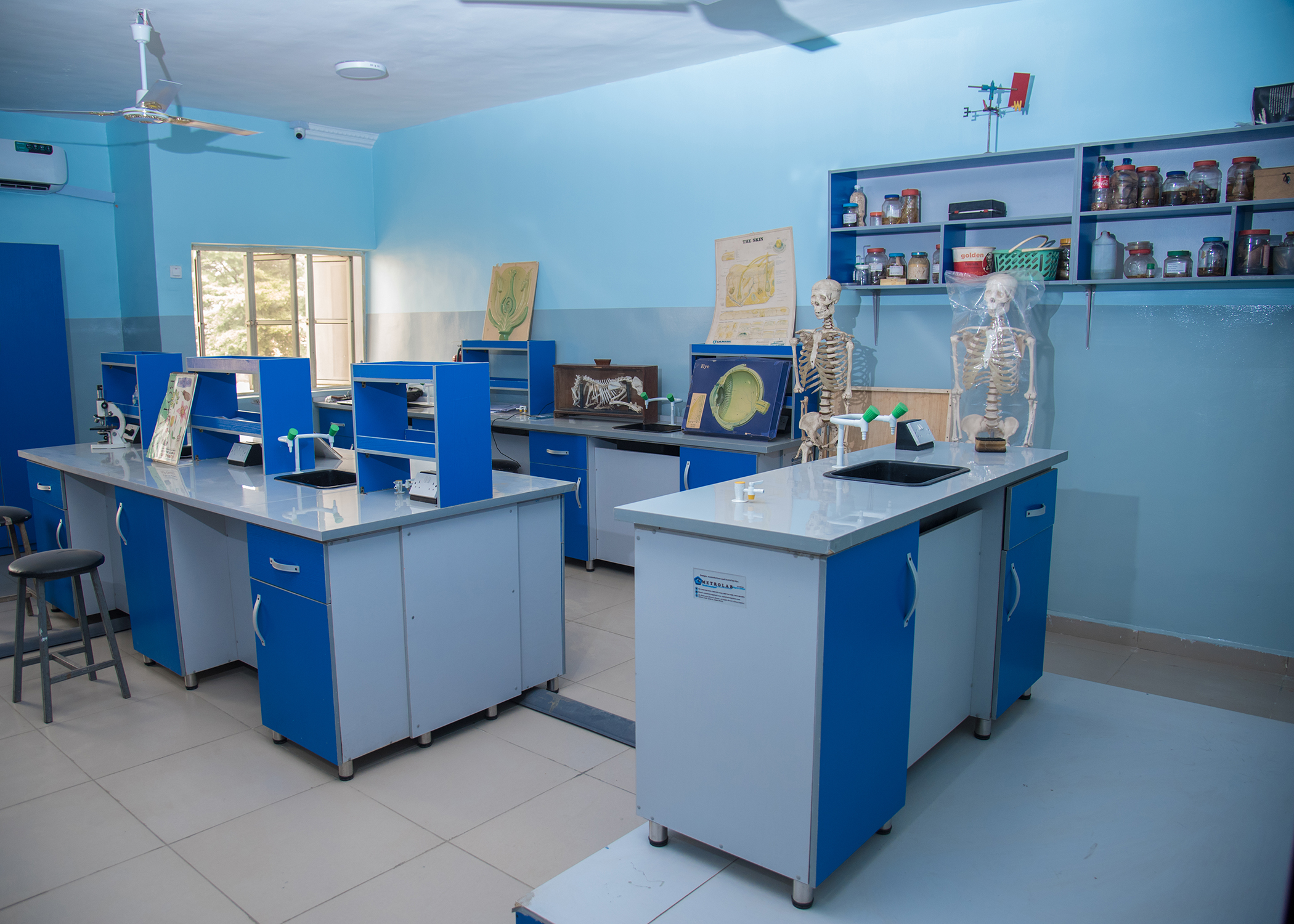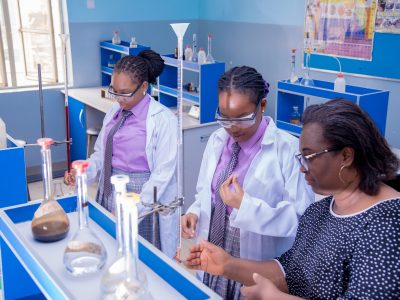COURSE DESCRIPTION
Senior secondary school biology aims to deepen students’ understanding of living organisms, their interactions, and the processes that govern life. The curriculum covers various topics ranging from cellular biology to ecology, introducing students to the diversity of life forms, their structures, functions, and evolutionary relationships.
COURSE OVERVIEW
Year 1:
- Introduction to Biology:
- Basic concepts in biology
- Scientific method and experimental design
- The organization of life: cells, tissues, organs, and organ systems
- Diversity of Living Organisms:
- Classification of living organisms
- Plant and animal kingdoms: characteristics and examples
- Microorganisms and their significance
- Cell Biology:
- Structure and function of cell organelles
- Cell division: mitosis and meiosis
- Cellular respiration and photosynthesis
Year 2:
- Genetics and Heredity:
- Mendelian genetics: inheritance patterns
- Chromosomal theory of inheritance
- DNA structure and replication
- Evolution and Ecology:
- Principles of evolution: natural selection, adaptation
- Ecosystem dynamics: energy flow and nutrient cycling
- Conservation biology and biodiversity
- Human Biology:
- Structure and function of human systems: digestive, circulatory, respiratory, etc.
- Reproductive biology and human development
- Health and diseases: communicable and non-communicable diseases
Year 3:
- Plant Biology:
- Structure and function of plant tissues and organs
- Plant physiology: growth, hormones, and tropisms
- Plant reproduction and development
- Animal Biology:
- Animal behavior and physiological adaptations
- Reproduction and development in animals
- Animal diversity and conservation
- Applied Biology:
- Biotechnology and genetic engineering
- Agricultural biology: crop improvement, pest management
- Environmental biology: pollution, climate change, sustainability
LEARNING OUTCOMES
By the end of the three-year senior secondary school biology program, students are expected to:
- Demonstrate a solid understanding of fundamental biological concepts and principles.
- Apply scientific methods to investigate and solve biological problems.
- Identify and classify different living organisms based on their characteristics.
- Explain cellular processes and their significance in life.
- Understand the principles of inheritance and evolution.
- Analyze ecological relationships and human impacts on ecosystems.
- Describe the structure and function of major human systems and understand factors affecting human health.
- Discuss the importance of biodiversity conservation and sustainable practices.
- Apply biological knowledge to real-world issues such as agriculture, biotechnology, and environmental conservation.
Overall, the senior secondary school biology curriculum i aims to equip students with a strong foundation in biology, fostering scientific inquiry, critical thinking, and an appreciation for the living world.
Course Features
- Lectures 0
- Quizzes 0
- Duration 35 hours
- Skill level All levels
- Language English
- Students 26
- Certificate No
- Assessments Yes





